Ukraine War: Hopes for Peace Vanished with New Offensive in Russia

Plans for indirect negotiations between Russia and Ukraine in Doha, Qatar, due to have taken place and resulted in a “landmark agreement” regarding the halting of attacks on energy and power infrastructure, now seem in doubt. What looked like a sudden Ukrainian assault and incursion into Russia’s Kursk region last week seems to have disrupted the anticipated schedule and thrown cold water on the prospects for partial cease-fire discussions in the near term, observers noted Sunday.
In an exclusive report yesterday, The Washington Post revealed that meetings had been planned for this month in Doha, with both sides dispatching delegations to discuss the halt of strikes on critical infrastructure. This deal would have marked a partial cease-fire, offering some relief to both nations.
These talks were, however, facilitated by representatives of the Emirate of Qatar, who separately met with both delegations from Ukraine and Russia, suffering a blow after Ukrainian troops struck a key bridge in Kursk on Friday. That attack severed a crucial link between territory controlled by Russia and areas where Ukrainian forces have made slow advances, media reports said.
Cui Hongjian, a professor at the Academy of Regional and Global Governance of Beijing Foreign Studies University, told the Global Times on Sunday that the Ukrainian attack on Kursk is aimed to open up a side front, which could alleviate pressure on the main battleground.
Politically, the intention is to drag the conflict onto Russian territory in order to get some bargaining chips, according to Cui.
However, Russian President Vladimir Putin announced on August 12 that the attack would not make him back down from his hardening position regarding negotiations, reported The Washington Post.
In that regard, the Kursk attack adds a new factor into the negotiation environment and raises the potential danger of an outbreak of war, said Cui. Thus, this incident has reduced the possibility of peace talks in the near future, he said.
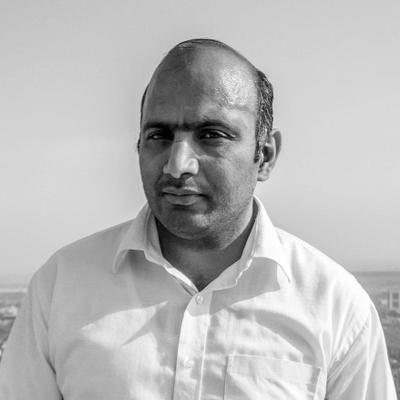
Shahzad Masood Roomi is founding member and, editor security and geopolitics at GCW. He is IT graduate and has more than 10 years experience of being a geopolitics and defense affairs analyst. He focuses on IR, geopolitics, strategic studies, maritime security, cybersecurity issues, military aviation, history and geography. His work has published in national and international media outlets.
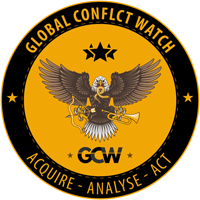
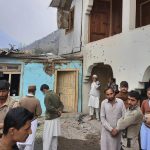

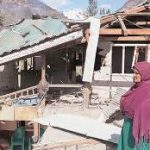
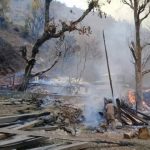
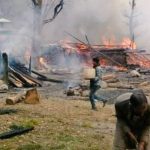
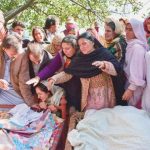
Comments